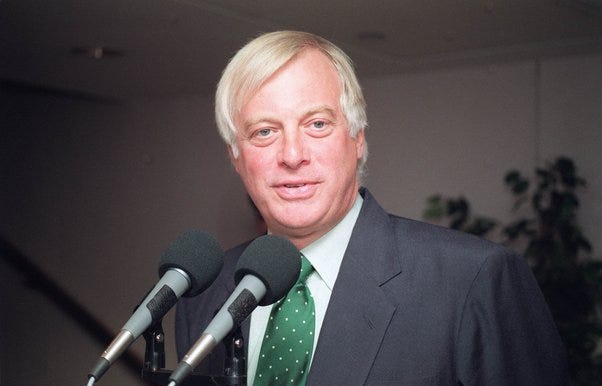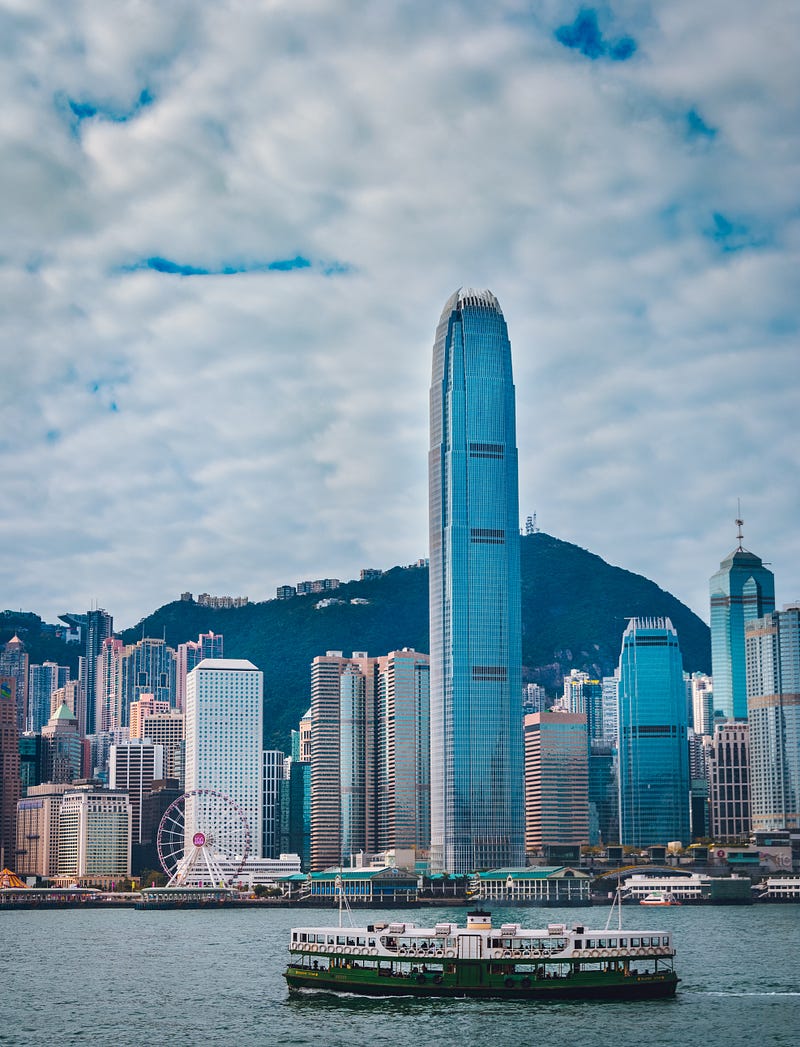Is Hong Kong Richer Than the Rest of China

In the enigmatic world of global economics, one question echoes louder than most: Is Hong Kong’s wealth a byproduct of its democratic roots, or does a deeper alchemy govern its prosperity? To unravel this puzzle, let’s embark on a journey through the intricate tapestry of Hong Kong’s history, where threads of political intricacies weave alongside the vibrant hues of economic success.
Meet Chris Patten, the final British-appointed governor of Hong Kong, a symbol of a bygone era. His legacy echoes through the city’s streets, resonating with the complexities of its political past. But what exactly is Hong Kong’s democracy, and does it hold the key to its economic opulence?
The story begins with the fusion of British governance and Eastern resilience. Under the watchful eye of colonial rule, Hong Kong flourished as a global financial hub. The seeds of economic prowess were sown, nurtured by the hands of a city that embraced capitalism with open arms.

Fast forward to the handover in 1997 — the moment when Hong Kong’s destiny stood at the crossroads of political ideologies. As the British Empire bid adieu, China’s sovereignty took center stage. The “one country, two systems” framework emerged, promising Hong Kong a unique blend of autonomy and allegiance.
Now, let’s ponder the critical question: Does democracy fuel Hong Kong’s economic engine? The answer, it seems, is a nuanced dance between political dynamics and economic pragmatism. Hong Kong’s wealth is not solely a gift from the democratic deities; rather, it’s a testament to the city’s ability to navigate the delicate balance between autonomy and alignment.
Imagine an alternate reality — one where democracy reigns supreme in every corner of China. Would Hong Kong’s economic trajectory still soar to the same heights? The hypothetical scenario unveils a myriad of possibilities. Perhaps Hong Kong’s distinct economic identity thrives on the fusion of political autonomy within the broader embrace of a nation’s economic prowess.
Yet, challenges loom on the horizon. The ever-evolving dynamics between Hong Kong and mainland China pose a delicate dance. Navigating the intricacies of “one country, two systems” demands finesse, akin to traversing a tightrope suspended between political autonomy and national integration.
As we unravel the layers of this economic enigma, it becomes clear that Hong Kong’s wealth is not a singular note played by the democracy orchestra. Instead, it’s a symphony composed of economic policies, global trade, and a city’s tenacity to adapt.

GAME CHANGER MOMENT
The alchemy behind Hong Kong’s prosperity is a blend of democratic legacies, economic acumen, and the city’s unique position at the intersection of tradition and transformation. The journey continues, and the narrative evolves — a tale where democracy and wealth dance in tandem, creating a melody that resonates across the skylines of Hong Kong.
As we gaze upon the city’s skyline, let us reflect on the interplay of politics and prosperity. The journey has just begun, and the next chapter holds the promise of unraveling more mysteries in the ever-shifting landscape of Hong Kong’s economic odyssey.
